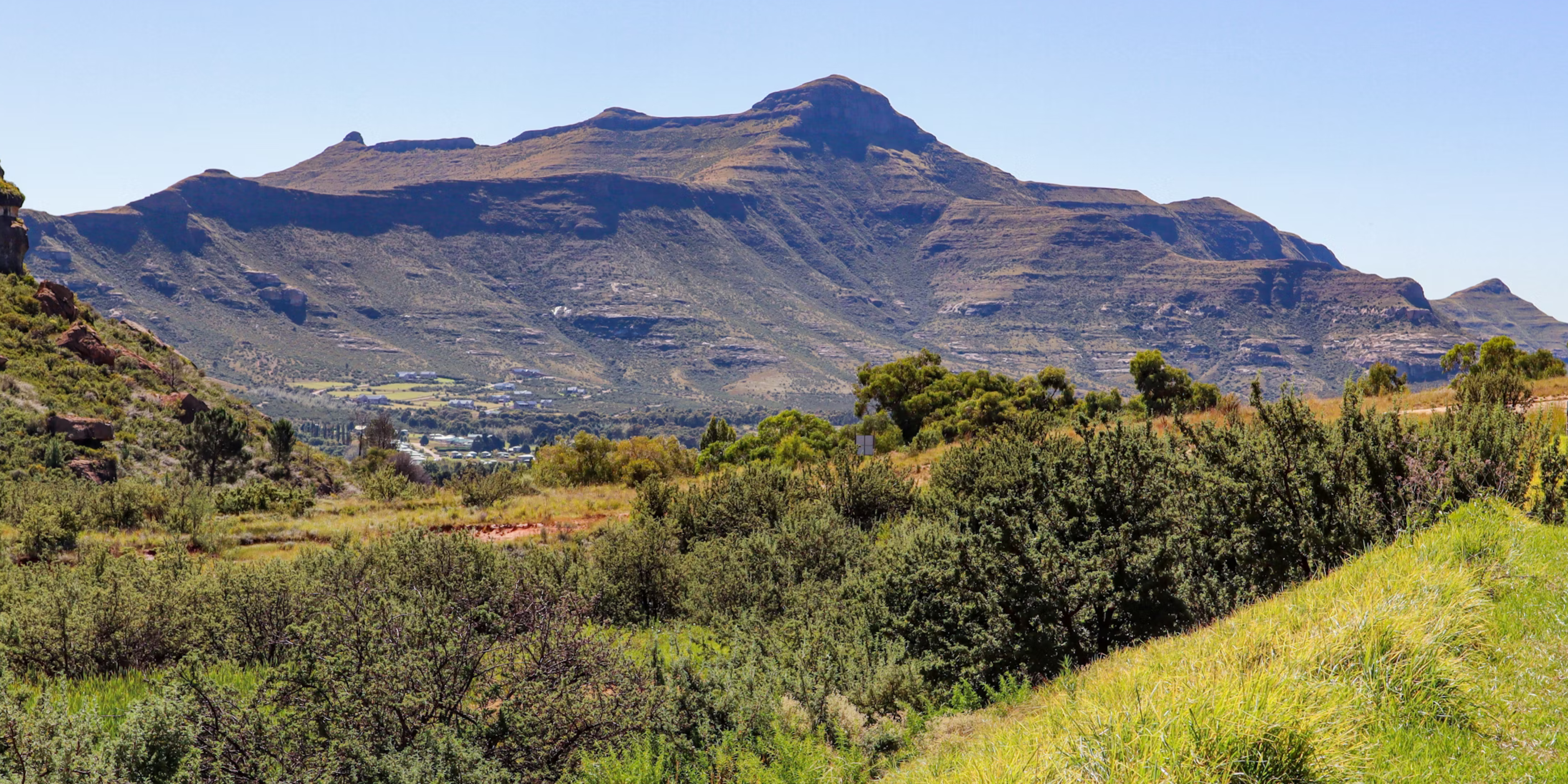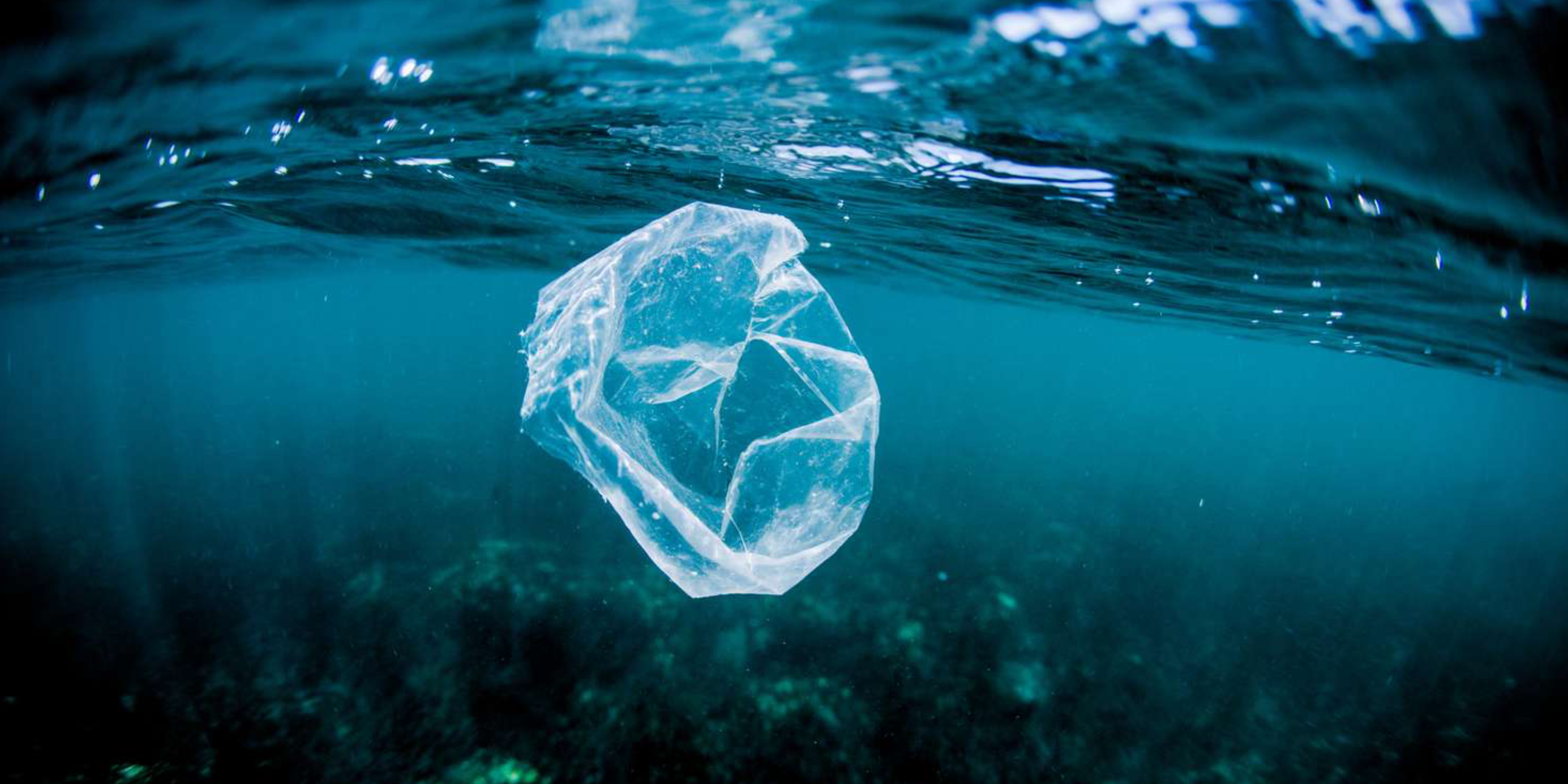Building South Africa’s Zero Waste Future
October marks a pivotal moment in our journey through A Time of Waste. After imagining what a world without landfills could look like in September, we now begin planting the seeds that will turn that vision into reality. Planting the Seeds of Tomorrow isn’t just about ideas; it’s about cultivating systems, technologies, and collaborations today so that zero waste to landfill becomes more than aspiration – it becomes our foundation for the future.
Why Zero Waste Matters Now
South Africa generates over 122 million tonnes of waste annually, yet just about 10% of that is recycled. Our landfill space is under growing pressure, and the environmental, health, and economic costs of waste disposal are mounting. At the same time, the National Waste Management Strategy 2020 and other policy frameworks make it clear: transitioning toward circular economy models is essential, not optional. We need to rethink production, consumption, and recovery from the very first stage – and protect our planet and communities along with that.
Real Growing Points: Where Change Is Already Sprouting
South Africa isn’t just talking about the circular economy – it’s already putting it into practice. The Warwick Zero Waste pilot in Durban is a strong example. By March 2024, the initiative had diverted more than 72 tonnes of organic waste from landfill. Each week, approximately 1.5 tonnes of food waste from the Early Morning Market, collected across two drop-off points, is combined with around 1 tonne of garden waste. This material is then processed through local composting, producing nutrient-rich compost while reducing transport needs and cutting emissions.
Another strong example comes from PETCO, which continues to lead in driving plastics circularity in South Africa. According to the PETCO 2024 Annual Report, the organisation facilitated the collection and recycling of 147,959 tonnes of post-consumer PET in 2023. This achievement represents a 62% recycling rate for PET beverage bottles placed on the market, equating to more than 6.6 billion bottles diverted from landfill in a single year. Beyond reducing waste, this effort also supported thousands of income opportunities across the recycling value chain, demonstrating how extended producer responsibility can deliver both environmental and social impact at scale.
Cultivating Circular Roots
At Interwaste, we believe in putting down deep roots. Our facilities – ranging from engineered landfills, composting and recycling centres, the ETP, and the Refuse Derived Fuels Facility, are already part of the groundwork for a future where waste is a resource. We are exploring new technologies to improve processing and treatment, from mechanical pre-treatment methods to alternative fuel recovery.
We are building closed-loop systems: helping clients more effectively manage waste at source, recover materials, and reduce what ends up in landfill. Each facility, each pilot, each partner adds a new seed. With investment, policy support, and scale, those seeds will grow.
From Seeds to Systems
Planting the seeds means more than starting these projects – it means tending them, scaling them, integrating them. In practical terms, this means supporting policies that encourage extended producer responsibility (EPR), creating incentives for composting and recycling at municipal level, investing in infrastructure for material recovery, and nurturing public behaviour change.
The “seedlings” we see today – composting projects, plastic recycling growth, packaging design shifts – show what’s possible. Systems change means moving from isolated pilots to widespread, coordinated action across sectors and geographies. Only then can zero waste to landfill shift from being a vision to being standard practice.
A Future We Grow Together
If we want waste to stop defining our world, then today is the day we sow differently. The seeds of a zero-waste future are being planted across South Africa – from compost heaps in Durban, to PET bottles being reused, to packaging being redesigned. It is through this growing pattern of change, rooted in action, innovation, and collaboration, that we begin to build the future we've imagined.
Let us nurture these seeds: invest in circular design, support projects that recover value, partner across the waste value chain, and demand better systems. Because the zero-waste future is not something that happens by chance – it happens by choice. When we choose to grow differently, our planet, our people, and our prospects flourish.


SUBMIT YOUR COMMENT